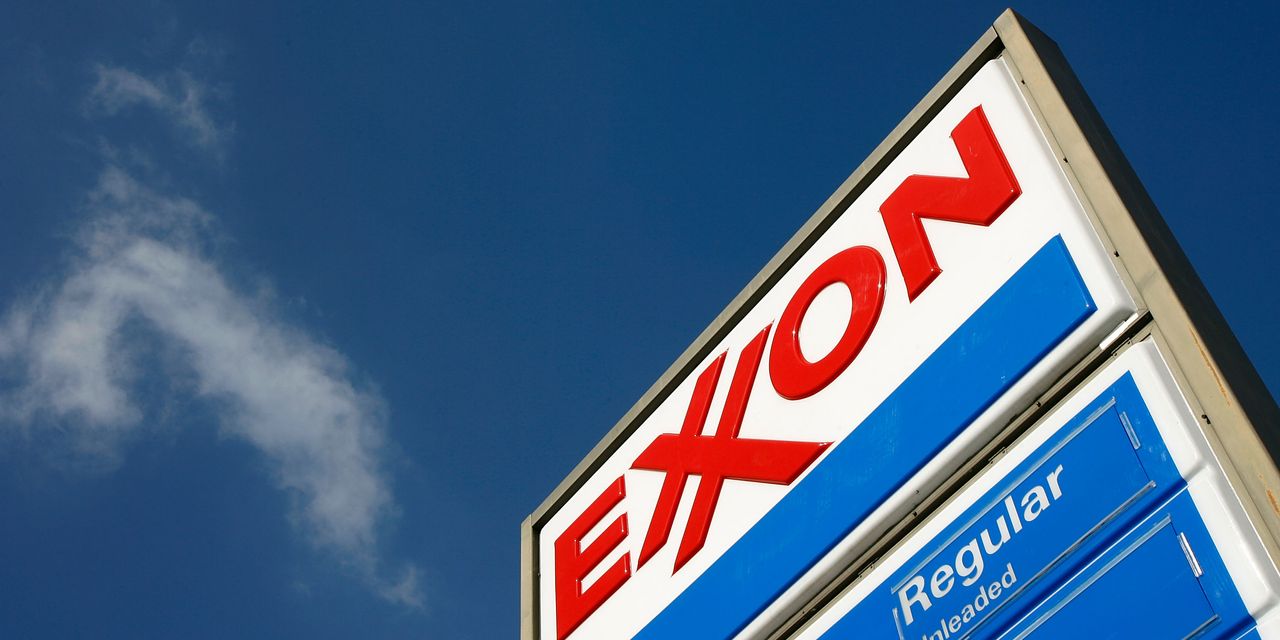Exxon Mobil
announced a deal Thursday to capture carbon from a Louisiana plant owned by steel company Nucor, its latest effort to decarbonize heavy industry.
Steelmaking is an enormously carbon-intensive process, responsible for about 8% of global carbon dioxide emissions. The
Nucor
(ticker: NUE) plant will be “to our knowledge the first and only” carbon-capture project involving a steel plant, according to Dan Ammann, president of Exxon Mobil Low Carbon Solutions.
Carbon-capture technology can gather carbon dioxide from smokestacks or other industrial equipment, compress and liquefy it, and then pipe it to underground storage locations. This project, expected to start in 2026, would capture about 800,000 metric tons of carbon a year from producing iron used in steel, and bring Exxon’s (XOM) total project pipeline to more than 5 million tons a year.
Exxon is still working on getting permits to store the carbon; Ammann said in an interview that he is confident the permits will come through.
“We’re seeing forward progress in general on permitting,” Ammann said. “But at the same time, it is really important that we continue to see streamlining of the process, with the right level of integrity in the process.”
He wants to make sure government officials are “not holding up these emissions reduction projects with slower-than-necessary permitting.”
The federal government is expected to transfer regulatory oversight over carbon capture to Louisiana state officials, a prospect that might speed up approval. Carbon capture has been used for years, but not at the scale of the projects being proposed today, which are expected to store millions of tons underground. That prospect has some residents of Louisiana and elsewhere concerned about the longer-term health and environmental impacts of storing that many tons of liquefied emissions underground. Exxon says the process is safe and keeps the carbon secure.
Exxon didn’t release financial targets for the project, though the financial benefits of carbon capture have improved significantly since last year, when Congress boosted subsidies for carbon-capture projects by 70% as part of the Inflation Reduction Act. Exxon has said that it will only sign deals if the returns on invested capital are greater than 10%.
Several analysts see the low-carbon business as neutral for the shares for now, with the potential to add to the company’s returns in the coming years. Ammann has previously said low-carbon projects could one day be more important to the company than fossil-fuel ones, though that point is likely decades away.
Exxon spends about 10% of its capital budget on lower-carbon projects—with about 60% of that spent on reducing emissions from its own operations and 40% on projects with other customers.
Write to Avi Salzman at [email protected]
Read the full article here



